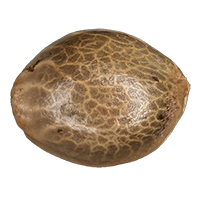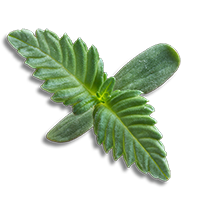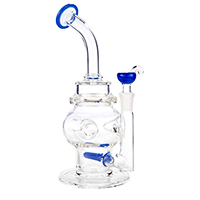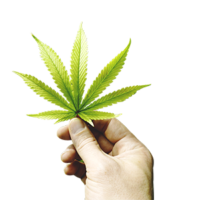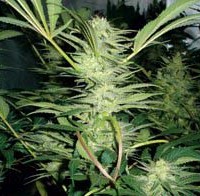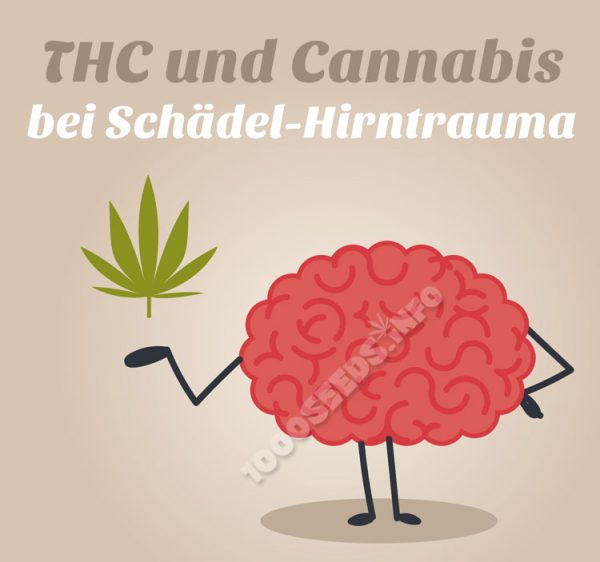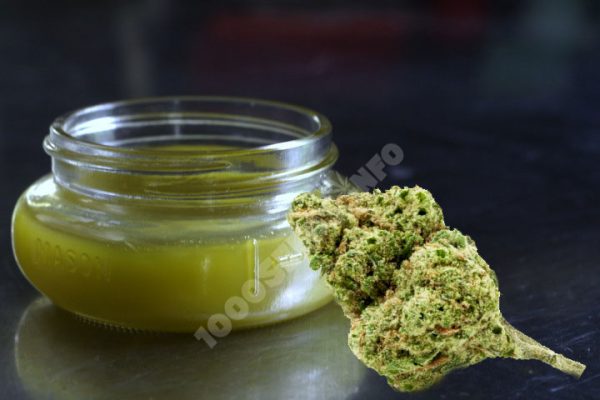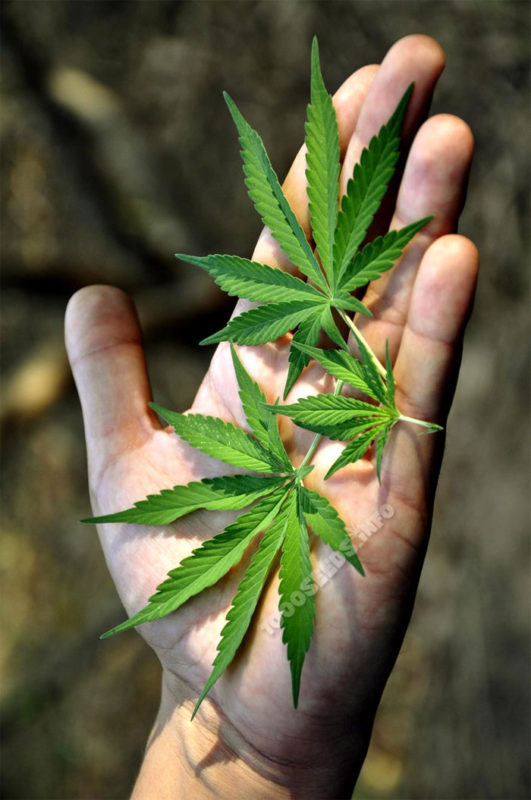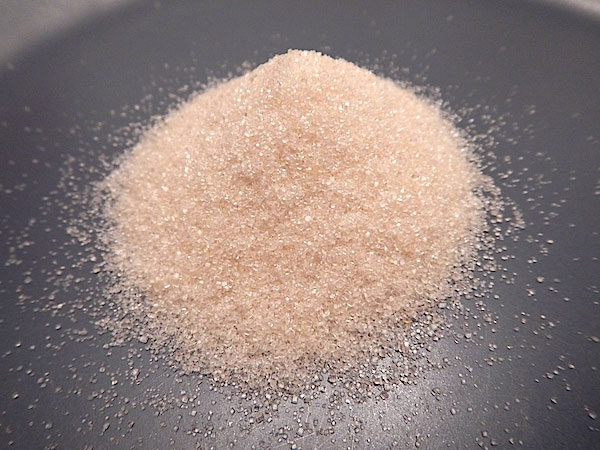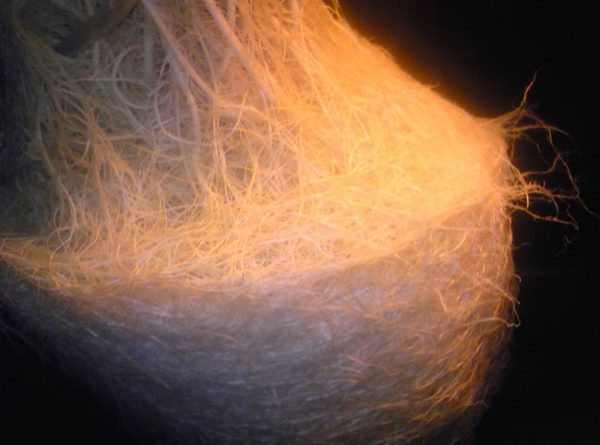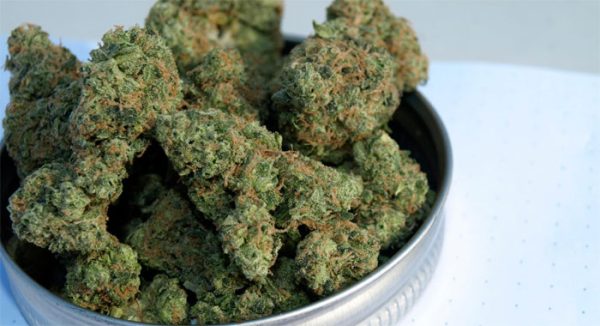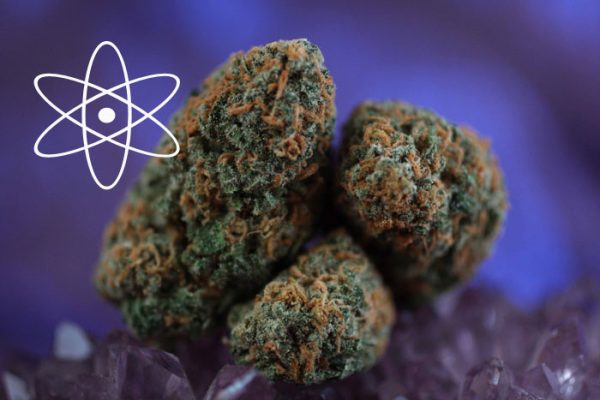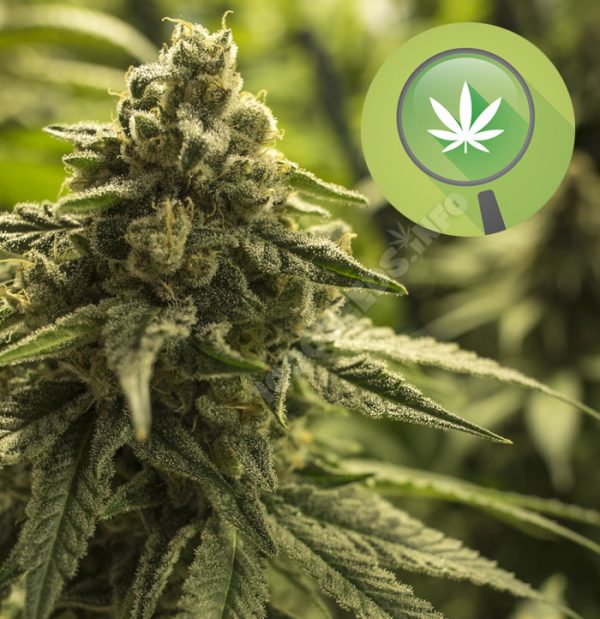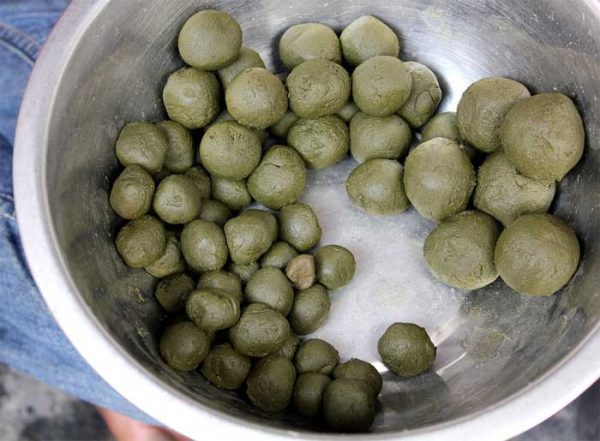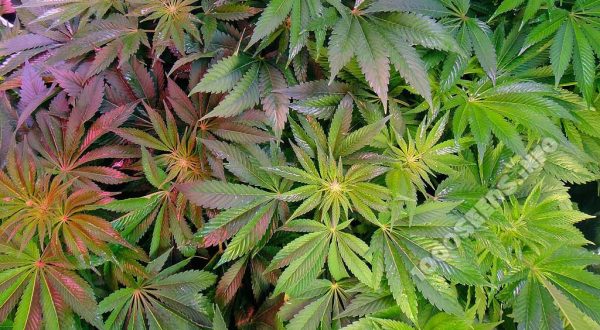Post-traumatic stress syndrome (PTSD) & cannabis
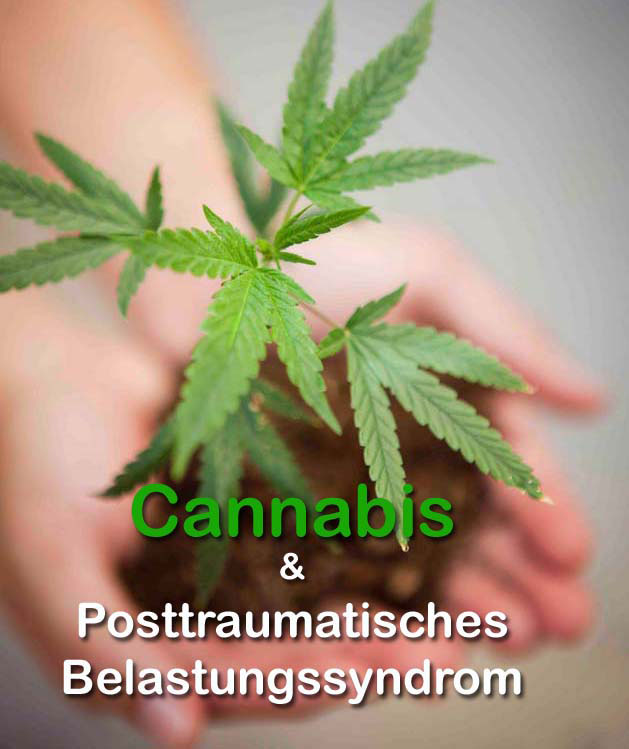
During cannabis prohibition, cannabis was and still is often seen as a coping drug that is "abused" for self-healing purposes. It had been shown that people suffering from post-traumatic stress syndrome (PTSD) or other anxiety disorders were also particularly fond of marijuana. In the course of the new medical findings on cannabis and its clearly recognisable medical potentials, various studies were funded, predominantly in the USA, to clarify the connection between PTSD and the use of cannabis. In this context, however, people still often speak of a "marijuana abuse disorder", which occurs as a co-problem within the disorder.
There is now overwhelming evidence that patients with PTSD can benefit from treatment with cannabis. However, while most studies emphasise the abuse of marijuana in PTSD, a minority of researchers have reversed the question and asked: Is cannabis able to effectively treat PTSD?
What is PTSD?
Post-traumatic stress disorder is a mental illness caused, for example, by traumatising events such as military operations, exposure to violence, abuse, mistreatment or disasters. Characteristic symptoms associated with PTSD include re-experiencing, difficulty concentrating, flashbacks, hyper arousal, avoidance behaviour, social isolation, insomnia, anxiety and nightmares. For this reason, many sufferers are treated with sleeping pills, various psyochopharmaceuticals or even tranquillisers, which, however, deliver a wide range of side effects. Benzodiazepines are often prescribed for the treatment of PTSD, but they are highly addictive and even the manufacturers warn against their long-term use. Moreover, the drugs used so far have not been able to show any real and satisfactory success in the long-term treatment of the disease for those affected.
The persistence of PTSD over a period of time is associated with changes in brain chemistry. These changes also occurred during the trauma, with adrenaline and stress hormones being released extremely strongly by the body.
Treatment with cannabis for PTSD and the experiences of those affected
Many sufferers worldwide, who first tried to control and improve the symptoms with certain medications, have finally switched to the use of marijuana and report significant improvements in the signs of the disease. There are now countless reports from patients and detailed accounts, which alone justify and make absolutely necessary further intensive research into this promising treatment option.
Certain strains of cannabis help sufferers to concentrate better, avoid anxiety attacks, relieve tension, sort thoughts more easily and enable them to sleep normally. This also explains why so many people suffering from this disorder turn to marijuana.
Endocannabinoid deficiency in PTSD?
With the discovery of the endocannabinoid system in our bodies, research is beginning to break new ground that also hints at promising new possibilities in the treatment of PTSD. A leading research group on PTSD and cannabis is the Multidisciplinary Association for Psychedelic Studies (MAPS). Martin Lee is head of the CBD project and has researched PTSD and cannabinoids in depth.
The researchers found that people suffering from PTSD have lower levels of anandamide than non-affected people. Anandamide is a cannabinoid compound produced naturally in the body. Anandamide triggers the same receptors (our inner cannabis, so to speak) that are activated by THC and other chemical compounds in marijuana.
In other words, PTSD has an underlying endocannabinoid deficiency: The body stops producing enough endocannabinoids to "saturate" the receptors. It is at this point that marijuana and its cannabinoids play a therapeutic role. By replenishing the missing endocannabinoids with those from cannabis, marijuana researchers believe that PTSD patients can experience a significant improvement in their symptoms and distressing memories.
Scientists have found that normal (healthy functioning) CB1 receptors deactivate signals in the brain that trigger traumatic memories, giving the gift of forgetting, so to speak. If CB1 signalling (signalling function) is disturbed by an endocannabinoid deficiency, i.e. a lower level of anandamides, the result is that there is an impairment and disturbance of the erasure of fear in the brain (fear extinction), aversive memory consolidation (negative reinforcement of memory content) and chronic anxiety, which is typical of PTSD.
Scientists at the University of New York, Langone Medical Center, also found that cannabinoids can offer new treatment options in the therapy of post-traumatic stress syndrome. Dr Alexander Neumeister, head of the study, also criticises the insufficiently satisfactory pharmaceutical treatment options so far. In this study, the researchers discovered that people with PTSD have a higher level of CB1 receptors in the brain, precisely in the brain areas associated with fear and anxiety, compared to non-affected people. It was also found that sufferers had lower levels of chemical compounds in the brain that bind to CB1 receptors. Dr Neumeister explains that new treatments based on her findings are not aimed at destroying CB1 receptors, as this can lead to depression. Rather, the aim is to balance the endocannabinoid system. As the study indicates, this can most likely be achieved through the medical use of cannabis.
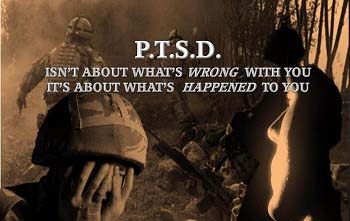 In consultation with a doctor who specialises in cannabis treatment options, patients in countries where medical marijuana is allowed can find out exactly which strain with the appropriate cannabinoid composition is suitable for them. For some patients, strains with very high THC levels increase anxiety, while others experience relief.
In consultation with a doctor who specialises in cannabis treatment options, patients in countries where medical marijuana is allowed can find out exactly which strain with the appropriate cannabinoid composition is suitable for them. For some patients, strains with very high THC levels increase anxiety, while others experience relief.
In the future, individual matching to patients will require much more well-trained medical professionals who are familiar with the methods of use and treatment and its cannabinoids.
The cannabinoid CBD (cannabidiol) counteracts some of the effects of THC, such as feelings of anxiety and paranoia. The damage caused by trauma cannot be completely repaired by any drug. Nevertheless, there are now several studies and countless reports from sufferers indicating that cannabis can help future sufferers live better with the symptoms and achieve a better quality of life.
Positive effects from the use of cannabis reported by people worldwide:
- improved sleep
- fewer nightmares
- less circling of the mind
- Improving the ability to concentrate
- more focus
- Release of tension and restlessness
- more quality of life
- Improved ability to relax
- fewer flashbacks and negative memories
- Reduction of anxiety, fewer anxiety attacks
Two cannabis strains that are particularly suitable for the treatment of post-traumatic stress disorder:
White Widow by Medical Seeds
The balanced ratio of cannabinoids makes it a medicine for the whole day. It has achieved great therapeutic success in the treatment of chronic pain, bullemia, nervous disorders and post-traumatic stress syndrome.
- 14% THC, 2.3% CBD, 0.4% CBC
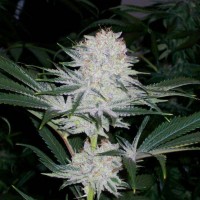 No Panic by Cannamed
No Panic by Cannamed
Due to the medium THC content and the high CBD content, it has a relaxing, exhilarating and anxiety-reducing effect, and in higher doses also a sedative effect. No Panic is therefore the ideal medical cannabis strain for people suffering from anxiety symptoms, panic attacks or post-traumatic stress syndrome. No Panic produces a pleasantly liberating high that is incredibly relaxing, mood-lifting and balancing without making you tired.
- 13.5% THC, 4.7% CBD, 0.93% CBC
Molecular Psychiatry (2013) 18, 1034-1040; doi:10.1038/mp.2013.61; published online 14 May 2013, Elevated brain cannabinoid CB1 receptor availability in post-traumatic stress disorder: a positron emission tomography study
[fblike style="standard" showfaces="false" width="450″ verb="like" font="arial"] [fbshare type="button"]
<<mehr zum Thema Cannabis als Medizin>>
Medical disclaimer
The information on this website is for general information purposes only and is not to be equated with medical or legal advice. We do not wish to encourage anyone to consume or use drugs illegally. Please consult your doctor/health care provider before using any products/methods referenced or linked to on this website.


